Understanding Different Types of Water Heaters: Insights from Better Water Heaters
When it comes to home comfort, few appliances work as hard as your water heater. From morning showers to evening dishes, hot water is a daily necessity. But did you know there are different types of water heaters — each with its own benefits, costs, and ideal use cases?
In our latest video, Frans from Better Water Heaters breaks it down in simple, authentic language. Let’s dive deeper into the key options available for Bay Area homeowners: Tank Water Heaters, Tankless Water Heaters, and Heat Pump Water Heaters.
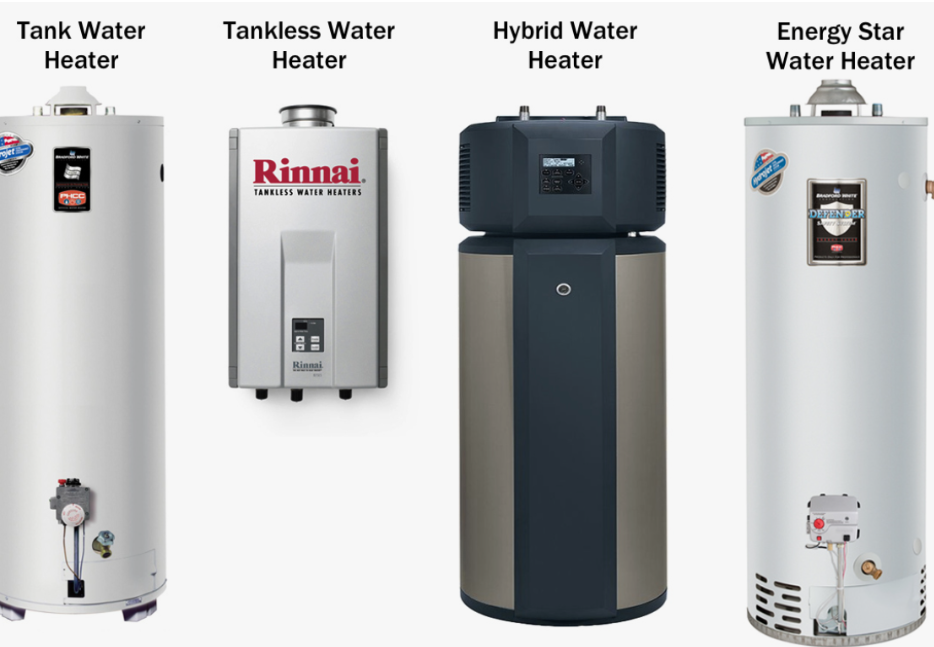
1. Tank Water Heaters: Reliable and Familiar
The most common type you’ll find in homes is the traditional tank water heater.
How it works: Stores and continuously heats a set amount of water (typically 40–80 gallons).
Pros: Lower upfront cost, straightforward installation, reliable hot water for families.
Cons: Limited supply — once the tank empties, you wait for it to refill and reheat.
Example from a customer: One San Jose family of five had a standard tank. Morning showers ran cold after the second person. We helped them upgrade to a larger tank for temporary relief, then later installed a tankless system when the kids became teenagers.
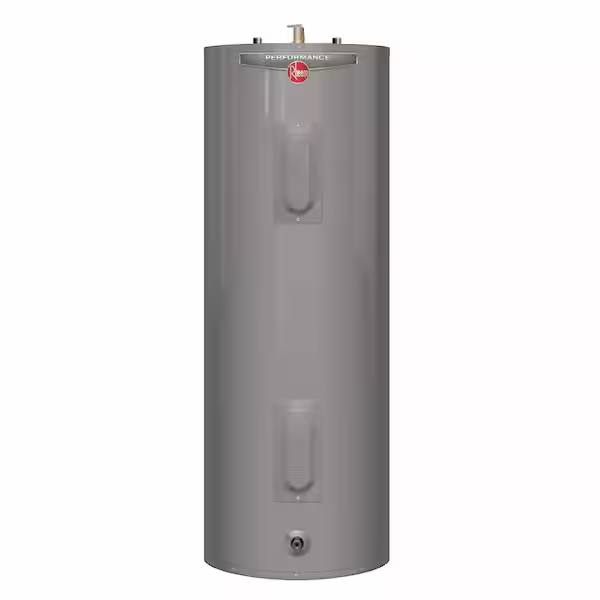
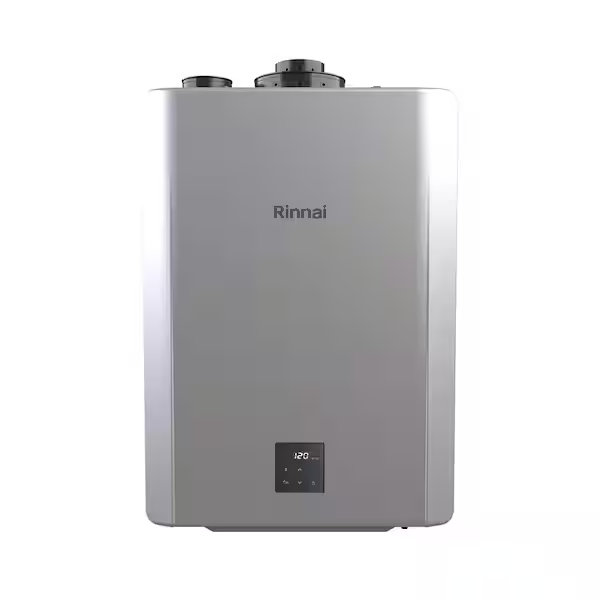
2. Tankless Water Heaters: Endless Hot Water
Tankless units are increasingly popular across the Bay Area.
How it works: Heats water on demand instead of storing it.
Pros: Endless hot water, space-saving, more energy-efficient over time.
Cons: Higher upfront cost, may require upgrades to gas lines or electrical systems.
Customer story: Jeff from Fremont replaced his tank with a tankless water heater. Years later, he still leaves 5-star reviews because the system has handled daily use with ease — plus annual maintenance keeps it running like new.
3. Heat Pump Water Heaters: Eco-Friendly Choice
If you’re eco-conscious, a heat pump water heater may be your best option.
How it works: Uses electricity to pull heat from the air and transfer it to water.
Pros: Extremely energy-efficient, qualifies for rebates, environmentally friendly.
Cons: Higher initial investment, may require specific installation space.
Example: G.M. in Mountain View wanted a greener solution. After exploring rebates, we installed a heat pump unit that slashed their electricity bills and reduced carbon footprint.
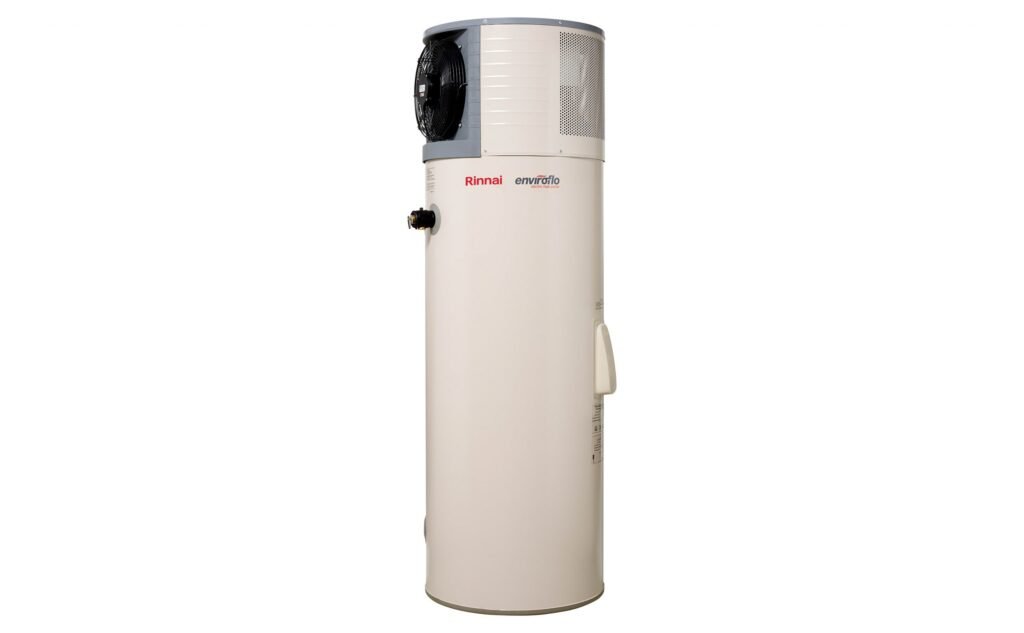
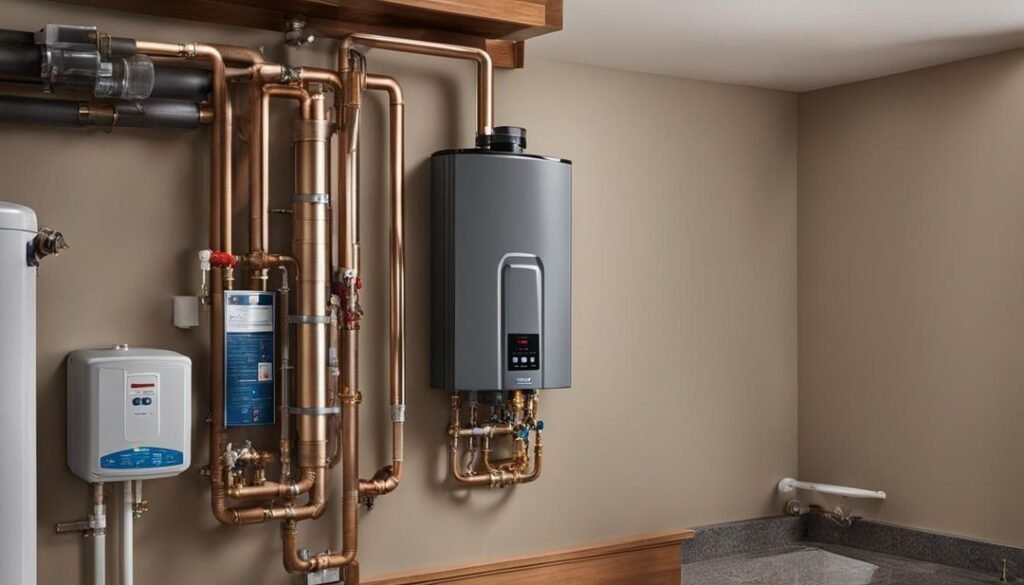
Choosing the Right Option
So which type is best? That depends on your household:
Large families: Tankless is ideal for back-to-back showers.
Budget-conscious: Traditional tank is reliable and affordable upfront.
Eco-minded: Heat pump delivers long-term savings and sustainability.
Frans often says: “It’s not about the heater we want to sell, it’s about the heater that fits your home.” That’s the philosophy at Better Water Heaters.
Why Bay Area Families Trust Us
20+ years serving Santa Clara, Alameda, and San Mateo
Same-day service when emergencies strike
Free estimates and honest pricing
Discounts for seniors and military families
5-star reviews for repair, replacement, and maintenance
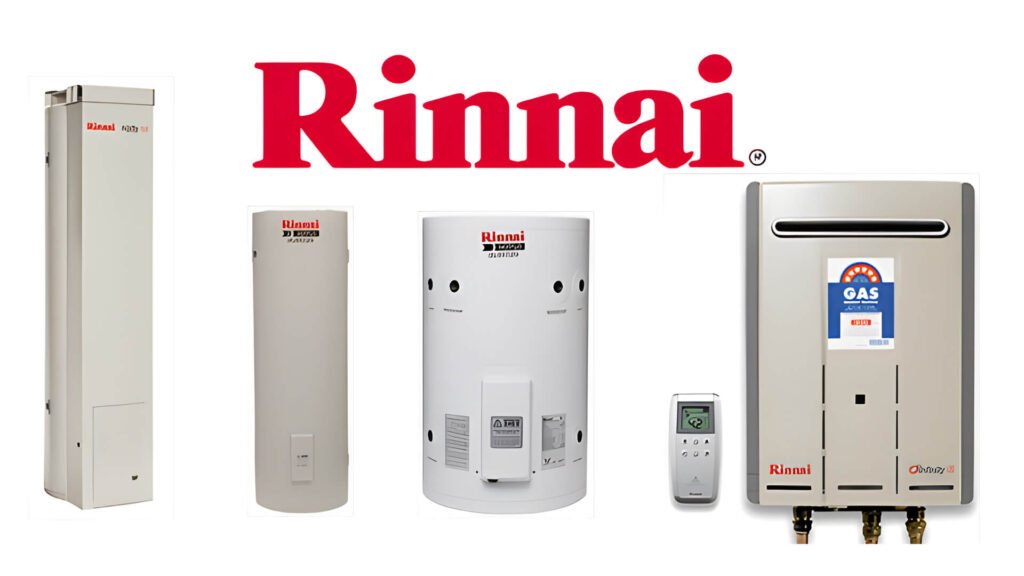
The Takeaway
Not all water heaters are created equal. By understanding the differences — tank, tankless, and heat pump — you can choose the system that meets your family’s needs and lifestyle.
If you’re unsure what’s right for you, watch Frans explain in our video, then call us at (408) 250-6672 for a free consultation.
